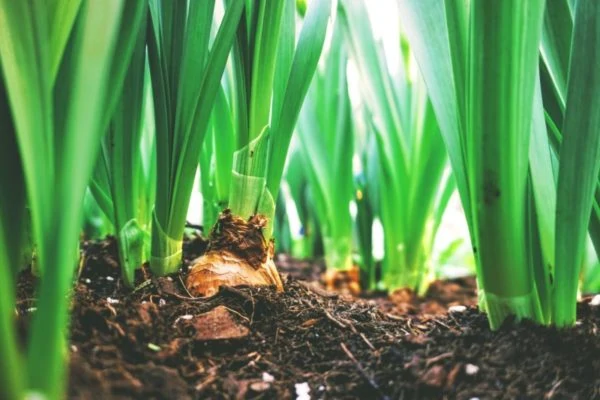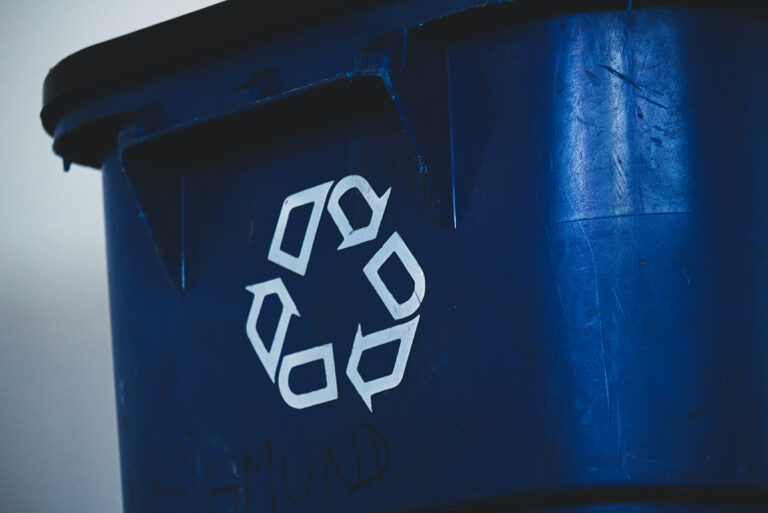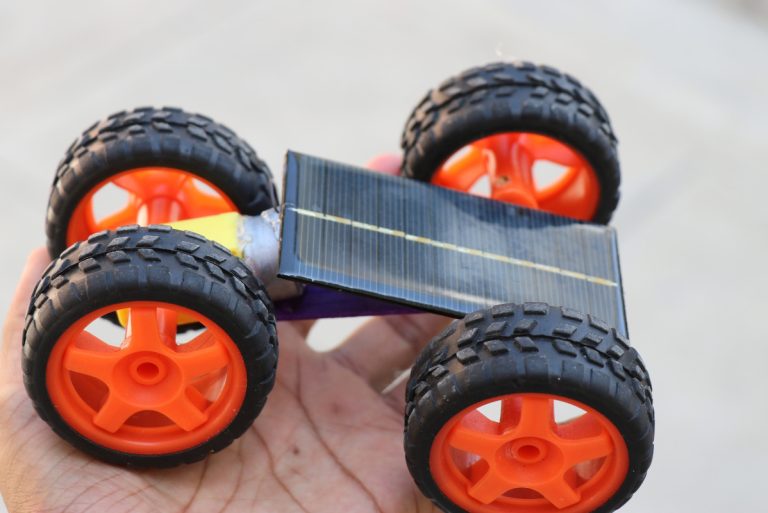Composting is a topic that people often offer different opinions about. Here are several composting pros and cons that will enable you to decide for yourself.
Composting Pros And Cons: Is This Effective?
Composting is one of the most effective ways of getting rid of organic materials and in an eco-friendly manner. Whether it’s in our homes or our farms, composting helps to reduce organic wastes, which in return, help to reduce the emission of greenhouse gases.
Here, we will explore more on the composting pros and cons, as well as how it works.
But what exactly is composting? How do you make one, and how do you ensure it doesn’t stink? Well, many people have been misled to believe that the process is complicated and that it smells a lot.
However, that is not always the case. In this article, we are going to help you understand composting better. We will analyze it both in terms of how it works, as well as its negative and positive effects.
The composting process is not as difficult as you may have thought. Anyone can do composting, and from any location. Therefore, let’s go directly to first understanding what it means.
What is Composting?
Composting refers to the biological decaying of organic waste, including plant materials and food. The process can be categorized into three types, namely; aerobic composting, anaerobic composting, and Vermicomposting.
The decomposition of these waste materials provides nutrients required by plants, animals, and microorganisms to flourish.
Households, schools, restaurants, farms, offices as well as business places, all produce compostable materials. These materials may include food scraps, leaves, animal manure, grass clippings, coffee grounds, and more, which are all compostable.
Through composting, these waste materials are broken down to form an end product called humus.
While composting is beneficial to the environment, it also has its downsides. Each of the three methods has its pros and cons, and we will delve into that more.
However, lets first understand each of these composting methods.
Various Types of Composting
-
Aerobic Composting
Aerobic composting is the process of decomposing organic materials using microorganisms and in the presence of oxygen. In this method, the compost has to be turned regularly after a few days. The bacteria or fungi help to breakdown the materials.
Since the bacteria will be breaking down high-nitrogen-content materials, the temperatures in the compost rise significantly. The rise in temperatures is also beneficial as it speeds up the decaying process.
The microbes that break down the waste materials, normally occur naturally within the moist organic materials. These microbes take in oxygen that diffuses into the composting material from the surrounding atmosphere. The by-products of this process are usually, heat, carbon dioxide (CO2), and water.
However, although CO2 is a greenhouse gas, the amount produced is not counted in the emissions. This is because the gas is only 1/20th as destructive to the environment as compared to methane. Methane is the main by-product of anaerobic degradation.
The good thing about the aerobic composting is that the heat it produces is enough to destroy harmful pathogens and bacteria. These bacteria and pathogens cannot survive in these hot environments.
However, some other beneficial bacteria species like mesophilic, psychrophilic, and thermophilic bacteria, thrive in these hot temperatures.
See Related: Waste-to-Energy Overview
-
Anaerobic Composting
The second type of composting is the anaerobic composting. The anaerobic composting is the opposite of the aerobic one. Anaerobic composting is simply the decomposition of organic matter using microorganisms but in the absence of oxygen.
Here, most of the chemical energy within the waste materials at the start of the process is released later as methane. And for this reason, the process includes a very unpleasant smell and the production of just an insignificant amount of heat.
Therefore, since heat is necessary to speed up the decomposing process, this composting takes much longer than the aerobic one.
Also, the amount of heat is not sufficient to destroy plant pathogens, as well as weeds and seeds. Therefore, you will need to add artificial heat to overcome these limitations.
During the decomposition of materials, the process produces a sludge-like substance that is not easily broken down.
For this reason, you will still need to use aerobic composting to achieve the stabilization process successfully.
Anaerobic composting is what occurs in the landfills. Landfills generate a lot of methane such that there are even some explosions.
-
Vermicomposting
The third type of composting is known as vermicomposting. In this method, decomposition takes place in the presence of worms, oxygen, as well as moisture. The worms are the primary agents of decay in this method.
However, bacteria also play a minor role to break down the material with less odor. Vermicomposting is the favorite composting method for many people due to the following reasons:
- Produces an insignificant amount of odor
- Produce little if any, harmful anaerobic bacteria or methane
- The process doesn’t require turning the composting material
- Can be done indoors or outdoors
- You can easily harvest the fertilizer
- Worms become an integral part of the farm which is beneficial for you
- Sufficient supply of bait if you love fishing
To start the vermicomposting process, all you need is to select the type of composter you want and then order composting worms.
Advantages of Composting
When looking at composting pros and cons, different composting methods have their unique pros and cons. However, in this article, we will look at the general pros and cons of all the methods.
-
Beneficial to The Environment
One of the biggest advantages of composting is that it’s eco-friendly. The process of composting if done right has minimal effects, if any, to the environment. For example, the aerobic composting and vermicomposting get rid of waste materials without any harmful by-products.
On average, food scraps and yard wastes comprise around 27% of all solid waste that ends up in landfills in the US. That amount is quite large if you consider that anyone can compost.
Why haul all these solid organic wastes to the dumpsites when we can compost it ourselves?
Well, if you didn’t know, hauling these wastes to the landfills will just take up space for long periods, as well as produce greenhouse gases such as methane. Composting at home and in a controlled environment ensures that such greenhouse gases do not enter the environment.
Methane gas can stay in the environment for as long as 15 years and has twenty times the ability of CO2 to trap heat.
Therefore, if we use a composting method that doesn’t produce methane, we are in the right path to protecting our environment. This, in turn, will help us reduce the effect of global warming.
-
Better Soil Structure And Higher Water-retention Ability.
After composting, the compost is beneficial to the soil as it enhances its structure and helps to improve its water retention. The compost can improve the quality of numerous soil types, enhancing the texture, as well as nutrients, air, and water retention ability.
If the soil is healthy, it means that the plants growing in that soil will also be healthier and produce more. In addition, more water in the soil encourages the growth of plants with deeper roots, which in turn prevents soil erosion.
This also prevents the clogging of waterways with waste products and pollutants.
-
Natural, Organic Fertilizer
The compost, which is the end product of composting, is an excellent organic fertilizer for your plants. Since the compost is organic, it will break down over time. The surrounding plants will, in turn, feed on this disintegrating compost to make them healthier.
This is one way we can reduce the use of synthetic fertilizers and chemicals on our farms and backyards.
Therefore, instead of hauling these organic wastes to landfills, compost it in your home or farm and reap the benefits of healthy crops.
-
Less Costly
If you use this compost to apply to your plants, it means that you will need less synthetic fertilizer and chemicals. For this reason, your costs of maintaining your plants will go down. Also, you will not incur the cost of hiring haulers as you will do the composting at home.
Besides, if you can grow your vegetables and fruits using this compost, it will reduce your monthly expenses on vegetables. Those who want to go green, and grow their vegetables in their backyard, this is the way to go. You have everything at your disposal.
-
Anyone Can Compost
Another great thing about composting is that anyone can do composting. Whether you live in rural areas or the urban, composting is for anyone. Even if you are in the high-end urban areas, and do not have any yard space, you can still do composting indoors using a special indoor composting bin.
Also, some municipalities currently offer yard waste and food scrap programs which you can join. All in all, there is no reason for you not to do composting of your waste.
See Related: How to Recycle Brita Filters
Disadvantages of Composting
Despite having many advantages, composting still have some few drawbacks. Here are some negative effects of composting that you should know:
-
It Can Be Stinky And Hazardous
In some of the methods we have mentioned above, they produce an awful smell. For example, in anaerobic composting, one of the by-products of the process is methane gas. This gas has a very unpleasant odor and can make the environment around it inhabitable.
The nasty smell that comes out of an unattended compost pile can lead to an infestation of bugs, rodents, and other pests. If you are not careful to regularly turn the compost pile, you might face some other health issues.
Also, if the compost includes waste from things like chicken manure and other animal waste, it might harbor some dangerous pathogens.
-
It’s Unattractive
The creation of a compost pile in your back yard might erase the beauty of the hard-worked for landscape.
And, although you might want to buy a compost bin which is tidier, it may still affect the arrangement of things and take up space for other things.
-
Harmful to The Environment
If these waste materials end up in landfills, they produce a lot of gases that have adverse effects on the environment. In the case of anaerobic composting, the methane released into the atmosphere has the effect of trapping heat, which might lead to global warming.
Also, based on a report by the EPA, compost can easily capture and eliminate 99.6% of the volatile organic compounds available in the air.
Their effect can also contribute to climate change. The gases produced in landfills can be harmful to your health with various negative effects such as nausea and throat irritations.
-
Consumes Both Time And Energy
The process of composting from collecting the waste into a pile to regularly attending to the pile might be time-consuming. You will have to be checking on the composting now and then to ensure that the decomposition takes place properly.
As a result, it means that the exercise will take a considerable amount of your time and effort.
Conclusion On Composting Toilet Pros And Cons
Different people will gauge composting differently. Some will consider it more beneficial, while others will see it as more harmful. Therefore, before you can decide whether or not to do composting, go through these composting pros and cons to make the judgment for yourself.
What are your views on the composting pros and cons? Share with us your insights in the comments section.












